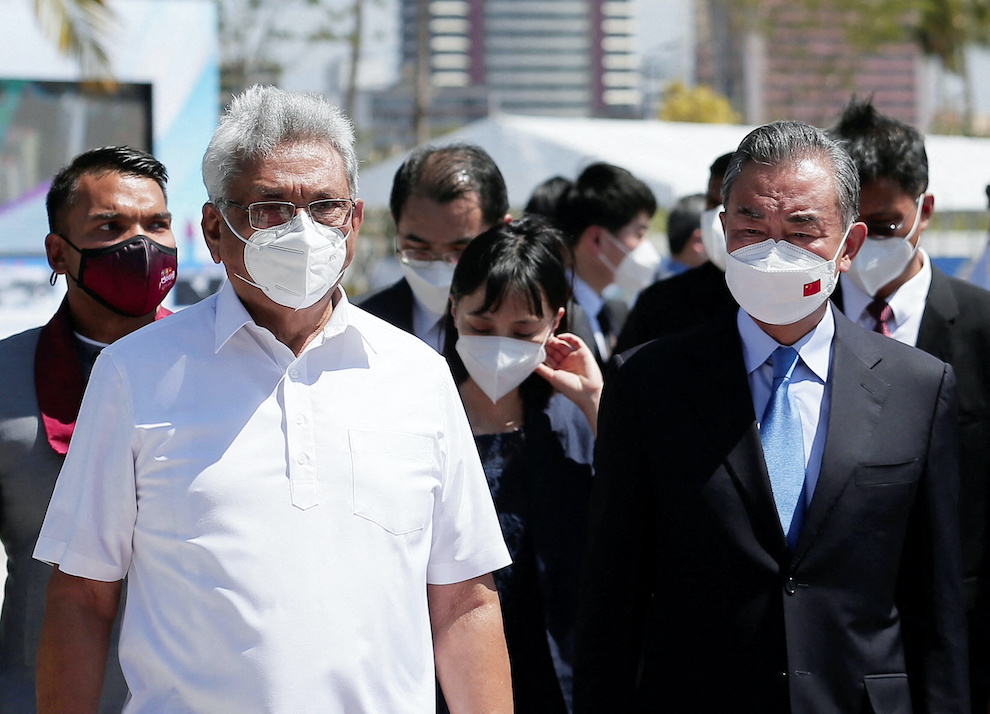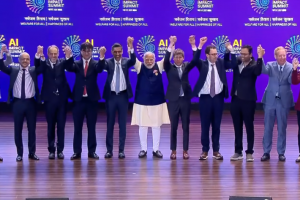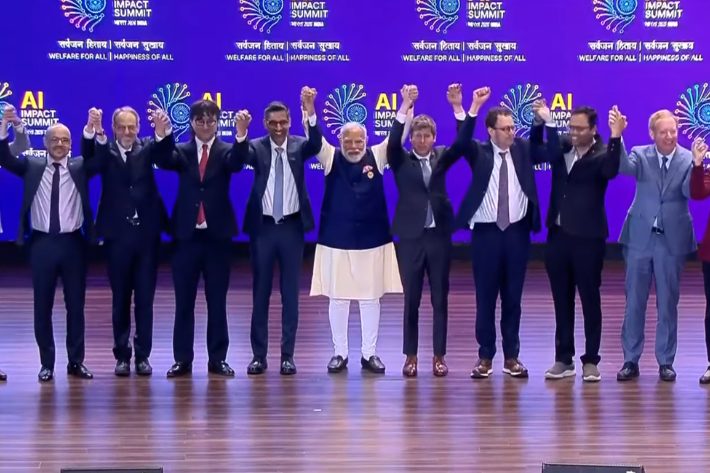Claims that China practises “debt-trap diplomacy” in Africa distort the reality of business on the ground and stem more from US rivalry than reality, says a new study.
The debt-trap narrative, employed notably by officials from the former Trump administration, stems more from US-China tensions than from what really occurs in Africa, the report says.
“What keeps African leaders awake at night is not Chinese debt traps. It is the whims of the bond market,” the report, by Oxford University’s Nicolas Lippolis and Columbia University’s Harry Verhoeven, claims.
“Contrary to the debt-trap narrative, if a wave of African defaults materialises in the near future, as international financial institutions’ (IFIs) officials have been fearing since at least 2015, it will be catalysed more by private-sector manoeuvring and intransigence than by Chinese scheming,” it says.
ALSO SEE: China’s BYD Seeks to Buy African Lithium Mines – The Paper
Lippolis and Verhoeven say that for African officials, the problem is not their countries having an excessive amount of debt, but that the continent is badly financed.
And they say the main reason African debtors cite for pursuing new donor and private-sector finance is the “unfavourable terms” offered by Western bilateral donors and IFIs.
“The Chinese debt-trap discourse depicts African governments as gullible, uninformed actors fooled by trickery and corrupted by bribery,” the report goes on. “This overlooks the sophisticated strategies that African elites have developed for decades to manage various forms of dependency on external actors, and the strategic use of external levers for political survival and policy autonomy.”
The authors argue that African governments are far from subservient to their Chinese partners and are, more often than not, actually calling the shots. They cite Angola, South Sudan and Sudan as examples of countries which have focused international attention on their relationships with China to distract any scrutiny away from their domestic affairs.
The report said China’s seizure of Hambantota port in Sri Lanka is frequently cited as an example of an aggressive seizure of property for debt. But, they said: “Actions of this sort have not occurred in the African context.”
A 70% stake of the port was leased to China Merchants Port Holdings Company Limited for 99 years for $1.12 billion in 2017 and critics claim it was a debt for equity swap after the Sri Lankan government were unable to pay off a loan.
But Sri Lanka says no debt was cancelled as a result of the deal and the sovereignty and security of the port remains in their hands.
China’s Large Infrastructure Expertise
Part of the appeal for African nations that deal with China, the authors said, stems from a recognition that China has large infrastructure project expertise which “Western donors have neglected for decades.”
Chinese creditors have been much less successful in repatriating capital than outsiders assume, they said, adding that China is still a relatively inexperienced lender.
They add: “In addition, most of Beijing’s loans are in US dollars … over which Chinese lenders have no control [and] the problem of currency mismatch provides motivation to retrieve money lent rather than using it as leverage.”
The authors said debt-to-GDP ratios in sub-Saharan Africa had doubled from about 30% in the mid-2000s to 60% on the eve of the Covid-19 pandemic. And this expansion coincided with spiralling trade volumes between Africa and China, and sustained Chinese FDI in Africa.
But they said there was scant evidence “that debt to official or commercial Chinese entities has been the prime culprit in exacerbating Africa’s fiscal predicament.”
Sub-Saharan Africa’s Chinese Debt
According to confidential estimates seen by the authors, sub-Saharan Africa’s government debts to Chinese entities at the end of 2019 totalled around $78bn. This is only about 8% of the region’s total debt of $954bn and 18% of Africa’s external debt.
They explained: “Roughly half of Africa’s public debt is domestically issued, and the other half is owed to external actors … of the bilateral debt, the IFIs estimate that about half is owed to China.”
Lippolis and Verhoeven also point to work done on the subject by the Global Development Policy Center of Boston University and China Africa Research Initiative at Johns Hopkins University.
They estimate that Beijing has lent African countries about $150bn since 2000, mostly through the China Eximbank (60%) and the China Development Bank (25%) and also say that about $75bn has been paid off already.
The authors say: “This is a sizeable amount, but not large enough to have been the main driver of the debt build-up since 2004–05.”
• Jim Pollard
ALSO SEE:
Sri Lanka Seeks Rejig of China Debt to Avoid Default
China’s Belt & Road Project ‘Facing Mounting Opposition and Debts’
Chinese Firms Vie for Control of Huge DRC Lithium Project – SCMP
China’s Huayou Cobalt Buys Zimbabwe Lithium Project
























